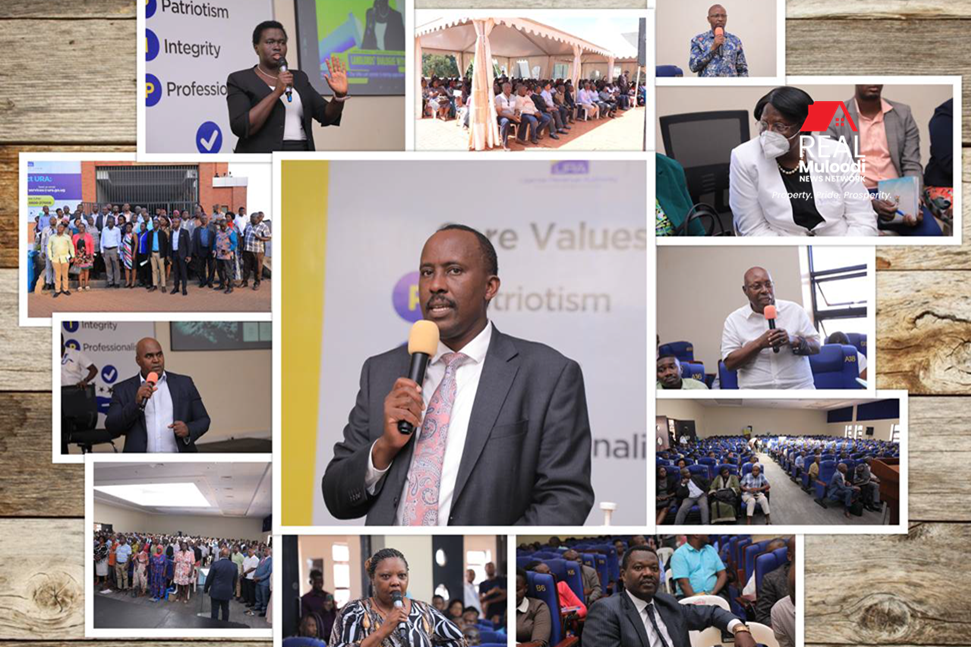UGANDA, Kampala | Real Muloodi News | Landlords across Uganda have been presented with a unique opportunity to reconcile their tax obligations with the Uganda Revenue Authority (URA). The recently passed amendment allows landlords to have their interest and penalties waived, requiring them to pay only the principal tax amount.
While this amendment applies to all taxpayers, it holds significant importance for landlords, a substantial number of whom have struggled with tax compliance issues.
This provision offers them a fresh start, exempting them from paying accumulated interest and penalties.
John Musinguzi, the Commissioner General of the Uganda Revenue Authority, explained the implications of this new law during a meeting with landlords.
He emphasised that this amendment provides much-needed relief to taxpayers burdened by substantial arrears.
He encouraged landlords to take advantage of this opportunity, as it is available until December 30.
“You are able to pay the principal tax, and it is available until December 30, so let’s all take advantage of it,” he said.
This is a timely announcement, as URA has recently stepped up efforts to identify non-compliant landlords with it’s sophisticated new intelligence tool, the Rental Tax Compliance System (rTCS). rTCS consolidates and analyses data from six government agencies to determine rental income tax compliance.
Musinguzi highlighted the positive trend in rental income tax collections, which have shown remarkable improvement over the past three years thanks to rTCS, despite being one of the less productive tax categories.
The contributions from rental income tax reached UGX 215 billion in the last fiscal year, constituting 0.8% of the total tax collection.
There is significant untapped potential within this sector, and it could contribute at least 4% to the overall tax revenue.
He urged landlords to consider voluntary compliance and assured them of the URA’s support throughout this process.
During the meeting, landlords expressed their concerns, including ledger re-runs that resulted in errors, complicated and difficult-to-understand ledgers, outdated information on URA communication channels, and limited awareness of the distinction between rental tax and property tax.
These challenges have complicated their understanding of tax obligations.
Musinguzi acknowledged these concerns and explained that the URA has intensified its efforts in tax education.
He also addressed the ledger issues, attributing them to the transition from one system to another, changes in the application of tax laws, and the reordering of the tax database structure.
He revealed that a dedicated team has been established to address ledger reconciliation, and the development of a new e-tax system is in progress to simplify tax-related processes for the general public.
“We had some challenges with our ledgers due to the migration of one system to another, the application of one of the laws, and the order of recovery of the tax structure of the database, but we have set up a team to deal with ledge reconciliation, and the new e-tax system being worked on will make it appear easy for a common person,” he said.
This engagement follows a previous meeting with business leaders focused on enhancing rental tax collections.
During that session, business leaders committed to providing the URA with information about the actual rent paid by tenants, which they believe landlords often conceal through fraudulent receipts.
READ MORE LIKE THIS:
URA Mandates E-receipts for City Landlords to Tackle Tax Evasion
URA Launches Voluntary Disclosure Program for Landlords to Encourage Tax Compliance
URA Invites Landlords of Commercial Buildings for a Tax Engagement



